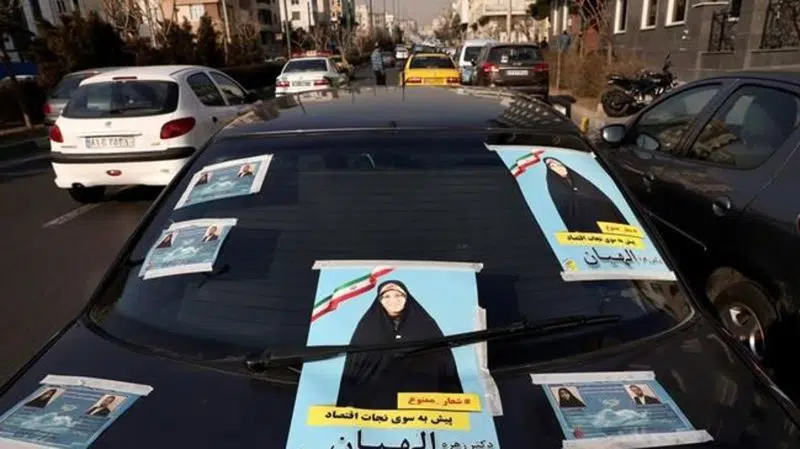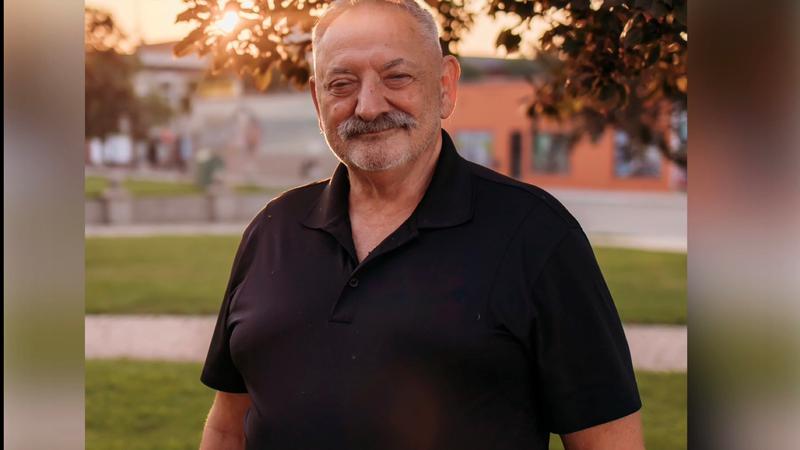
Iran votes in parliament elections that favours conservatives
TEHRAN, Iran — Iranians began voting for a new parliament Friday, with turnout seen as a key measure of support for Iran’s leadership as sanctions weigh on the economy and isolate the country diplomatically.
The disqualification of some 9,000 potential candidates, most of them reformists and moderates, raised the possibility of lower-than-usual turnout.
Iran’s leadership and state media urged voter participation, with some framing it as a religious duty. Earlier this week, Iran’s Supreme Leader Ayatollah Ali Khamenei said high voter turnout will thwart “plots and plans” by Americans and supporters of Israel against Iran.
“Enemies want to see what the results of the U.S. maximum pressure are,” Khamenei said. He was referring to U.S. sanctions and pressure from Washington that have strangled Iran’s ability to sell its oil abroad, forcing its economy into recession.


